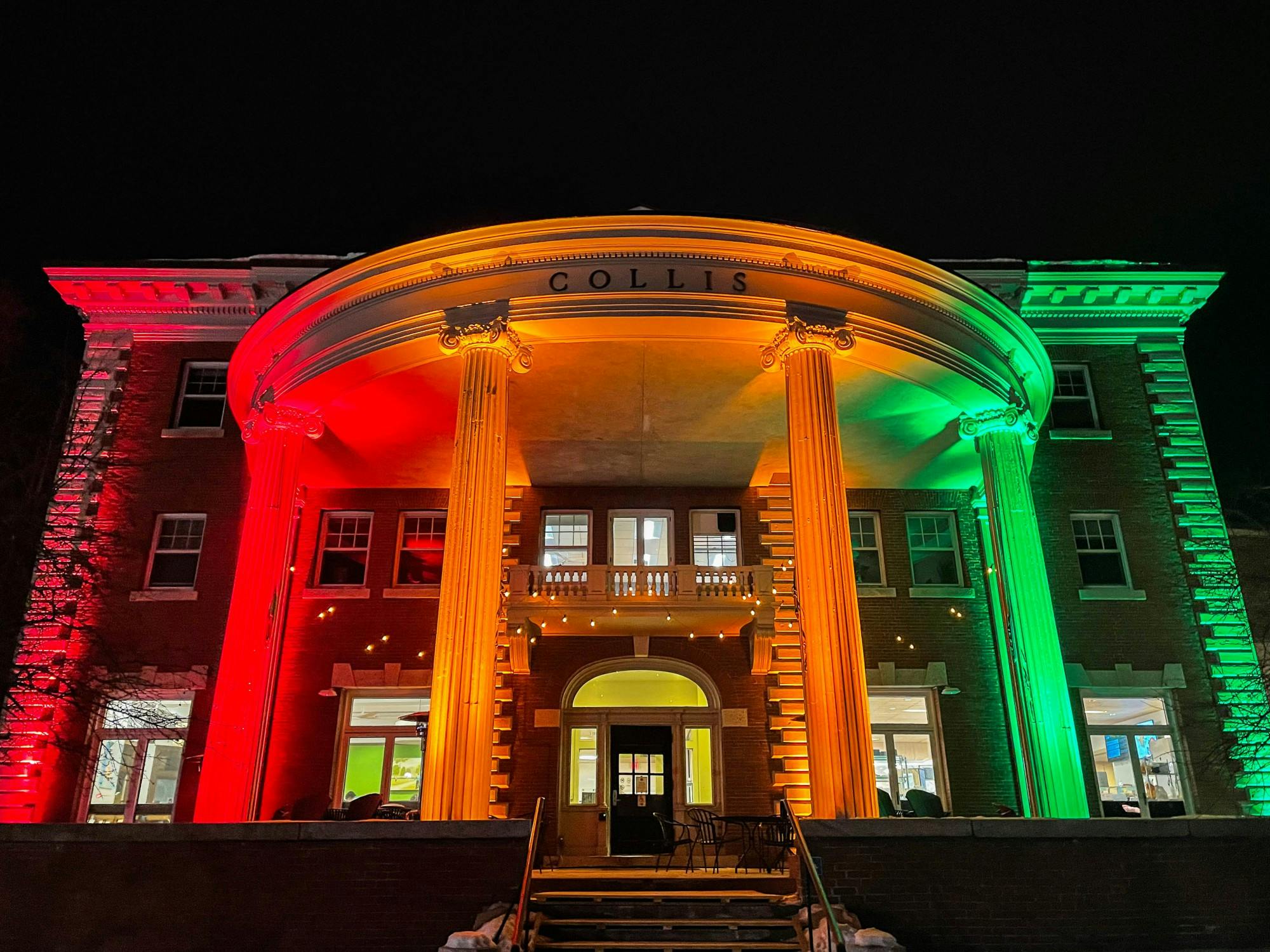On Jan. 31, the College kicked off its sixth annual celebration of Black Legacy Month. Throughout February, the lineup of events will include speakers, panel discussions, theater and musical performances, a mindfulness retreat, a sports outing, an art exhibit, a movie screening and a speech by scholar and activist Angela Davis. Similarly to last year’s celebrations, events will be held both virtually and in-person.
The theme of this year’s Black Legacy Month is “contemporary resistance.” Black Legacy Month co-chair Ana Sumbo ’22 said she believes the theme encompasses how resistance is ongoing.
“Since the pandemic started, we have all seen the racial reckoning that the United States has been going through and is going through now,” Sumbo said. “Framing resistance in the contemporary sense really forces us to question what is different about resistance now, what do we have access to now that we didn’t before, and what things are we fighting for now that we were fighting for back then.”
Dean of the Office of Pluralism and Leadership Angela Brizant wrote in an emailed statement that Black Legacy Month is “the celebration and recognition of Black culture of Dartmouth College, dedicated to the education, awareness and commemoration of Black heritage and people.” First started in 2016 at Dartmouth, the celebrations take place every February, Brizant wrote.
The celebrations for Black Legacy Month coincide with Black History Month, which is also in the month of February. According to history professor Matthew Delmont, who specializes in African American history and has spoken at past Black Legacy Month events, African American historian Carter Woodson started the precursor to Black History Month as a week-long celebration in 1926.
“The idea was to try to set aside a time each year when the Black community could celebrate its history and tell stories of the important people and events of the past to make sure those histories wouldn’t go away,” Delmont said. “The month of February was selected because of the birthdays of Frederick Douglass and of President [Abraham] Lincoln.”
Delmont noted the importance of Black Legacy Month on campus. “It’s a time to think seriously about the past, and the generations of people who have fought to make Black Americans fully part of the American story,” he said.
Black Legacy Month co-chair Anthony Fosu ’24 stressed that Black Legacy Month encompasses more than just history.
“Part of the reason we changed the name from Black History Month to Black Legacy Month here at Dartmouth is because Black history isn’t something that’s relegated to the past,” he said, adding, “It’s something that is living and breathing and part of everything we do, even today.”
Brizant wrote that the theme of contemporary resistance emphasizes the constant struggle for freedom that continues for Black people in the present day.
“While progress has been made, systems of oppression persist, so we must continue our efforts to dismantle them, and create a new future,” she wrote.
Fosu noted that events change from year to year, but that the goal remains to involve as many people on campus as possible.
“We focus a lot on that visibility piece, and we wanted to make sure that everyone had the chance to engage with the events we have going on,” Fosu said.
According to Brizant, COVID-19 has forced some adjustments to the celebrations this year and most of the programming will be virtual.
Nonetheless, Fosu said that the planners of Black Legacy Month expect turnouts “in the hundreds” across all events, and Sumbo said she predicted over two thousand students, staff and faculty members will participate in Black Legacy Month’s programming, in part because virtual events can attract larger audiences.
Sumbo also noted one of the challenges in organizing Black Legacy Month was raising enough money to hold the different events, since the College does not set aside any dedicated funds for the celebration. Various organizations and departments on campus, including OPAL and Special Programs and Events Committee, raise funds for the event each year.
On Feb. 28, scholar and activist Angela Davis will deliver a keynote address to wrap up the month of celebrations. According to Sumbo, Davis was chosen by the Black Legacy Month Planning Committee because she “represents so much about what resistance looks like.”
“She has participated in so many liberatory efforts,” Sumbo said. “We thought it was so important that in the conversation about what resistance looks like to pay homage to recognize the work that has been done before us that has set the stage for us to continue resisting now.”
Davis is an activist, author and professor at the University of California, Santa Cruz, known for her involvement in the civil rights movement and work as an advocate for women’s rights as well as criminal and racial justice. She was also briefly involved in the Black Panthers Party and was a longtime member of the U.S. Communist Party — twice running for vice president under its banner in the 1980s before leaving the party.
“That’s something we have to reckon with, given that she does have a radical political background,” Fosu said. “We also acknowledge the fact that there are a lot of parts of Black activism that are often shunned or diminished because they’re not as palatable as other parts. In trying to show contemporary resistance, we wanted to capture all parts of that.”
Sumbo said she thinks the celebrations for Black Legacy Month are especially important from a representational perspective.
“Often, we are not really made visible. We are not the majority on this campus, so our needs don’t often get addressed, and our contributions don’t necessarily get celebrated on a large platform across the Dartmouth community,” she said. “I think Black Legacy Month is a great opportunity to recognize the contributions of Dartmouth alums and current Black Dartmouth students.”




